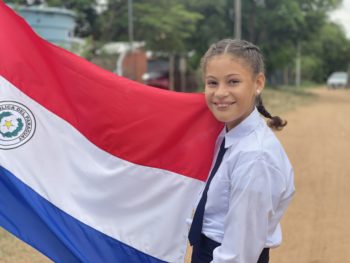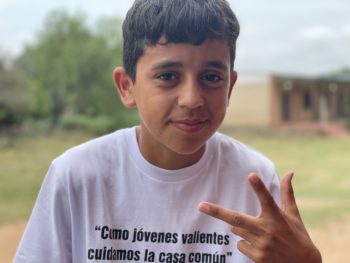The Loyola Jesuit Secondary School (LJSS) in Malawi responds to students’ diverse needs and helps them not only grow academically but also flourish emotionally and in a supportive community. The school, which offers boarding facilities, ensures that all students, especially girls and those who live in rural areas, can benefit from a quality Jesuit education. Over the past years, LJSS has expanded how it carries out the Ignatian ideal of cura personalis – care for the person – by strengthening its Health and Wellness Center and ensuring emotional health through a counseling program.
The Health and Wellness Center has been enormously useful in improving the physical health and well-being of the students. Through the center, LJSS provides health services onsite to the students with a timely and exceptional quality of service. Time has been saved because students are now able to access primary care within the school campus without going to the often overcrowded district hospital. Form four student Linly shared her experience saying, “… it is very important to have the clinic around school campus because illnesses are [diagnosed] faster than before when we used to travel outside for such services.”
Similarly, LJSS has sought to care for the mental health and wellness of all students by maintaining a professional counselor on staff. Samantha, one of the LJSS students has benefited from the counseling services. She explained, “When I was in form three, I realized that I needed someone to listen to me…I knew that I could voice my concerns without anyone judging me.” For many students, boarding at LJSS is their first experience of living away from family and their community. Students need extra support and resources on campus to help them navigate living more independently. Samantha shared that her counselor “helped me through the problem and listened to me carefully. I would recommend the counseling centers to anyone who needs help and needs to be listened to.”
At LJSS, inclusive education is not just a philosophy; it’s a commitment rooted in the belief that education is a right for all, not a privilege. As the school continues to champion the values of inclusivity, holistic care, and quality education, it remains a safe home for students, proving that every individual has the right to thrive academically, physically, and emotionally.



